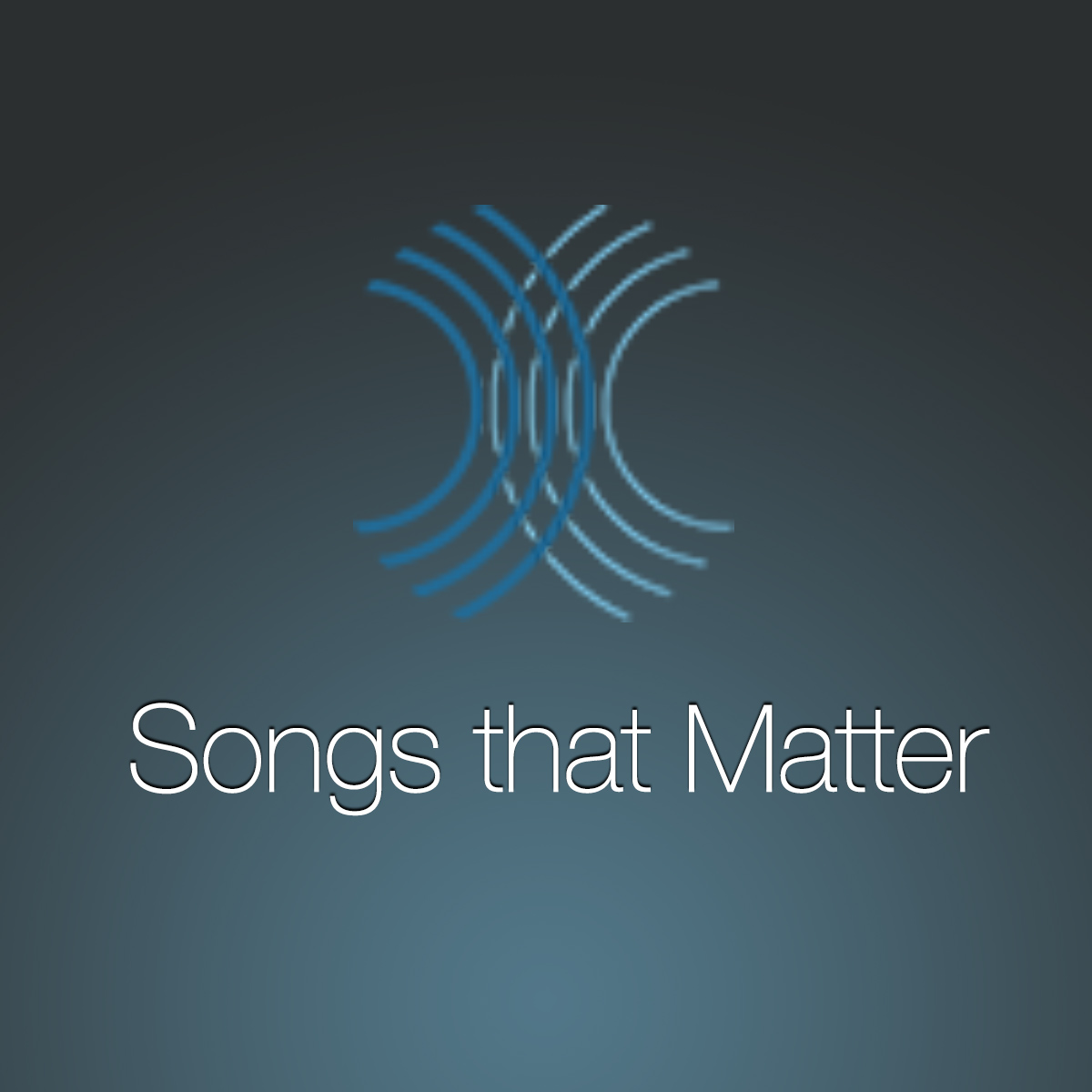Angel Haze, “White Lilies / White Lies”
written by Judith Shimer
“If you’re cool with it, right, I need you to go back to remembering that you’re a poet.”
Angel Haze doesn’t need to be reminded of being a poet, but these words from their producer, Markus Dravs, start the track. For the first few listens I thought it was condescending–but the reminder isn’t for Haze, really. Dravs and Haze are preparing us for what’s about to hit.
Backing up for a second: the first piece I heard by Angel Haze, whose pronoun is they, was their age-20 adaptation of Eminem’s “Cleanin Out My Closet.” As if a direct answer to Eminem’s opening question, “Have you ever been hated or discriminated against?” Haze unloads a raw, devastating autobiography of chronic mistreatment and rape as a child assigned female at birth. I don’t know Haze’s reasons for borrowing Eminem’s beat and title, but to me it says, “Excuse me–you think you had it bad? Shut up and listen.”
Just weeks after I heard the track, Haze dropped their debut album Dirty Gold. The single “Battle Cry” drew me in (and introduced me to Sia, thanks Haze). But after a few listens, “White Lilies/White Lies,” with its steady groove and eerie hook, emerged as the unlikely gem. The lyrics place us in a strip club watching a woman perform her routine, and it’s one of the most thought-provoking handlings of sex work in music. Haze as the observer wrestles with their own mixed interest, arousal, shame, pity, and concern for their friend on the stage, with lyrics that slide in an instant from the rough to the profound: “Every time I see her she be walking to the pole–panties, bra, bra inside, dropping to the floor–she climb up, up, up, up, hiding on the pole–she walk out with all her precious petals gone.”
Our culture has a problem with stripping, like it has a problem with all sex work. Haze’s album came out about a year after Rihanna’s “Pour It Up,” which was criticized by the Internet (though less by music reviewers) for supposedly glamorizing stripping. To be fair, the lyrics don’t hold a candle to Haze’s–and on a team of five writers, Rihanna herself was the only woman–but there’s something about setting harsh verses on the economy of stripping to an uncanny backing track, accompanied in the music video by women dancing in slow motion underwater, that speaks to a deeper point than “All I see is signs, all I see is dollar signs” can alone convey. I doubt that most of the lay critics of “Pour It Up” are that concerned for women in the sex industry, and instead just find stripping degrading and shameful, if they see Rihanna’s track as a thumbs-up endorsement of the industry.
There’s a rich dialogue to be had about sex work, and music can help us have that conversation. In my queer fantasy world, “White Lilies/White Lies” is the companion to “Pour It Up,” from the subtle perspective of the dancer’s lover. A lover who has a terrifying way with words.
“I found the flowers being drowned in dirty water. They somehow escaped the farmers and were headed out to slaughter.”
Judith Shimer is a queer artist, musician and technologist living in Brooklyn. They make work about bad self-esteem and are finally fulfilling their dream of learning how to build apps for social change

Average Rating